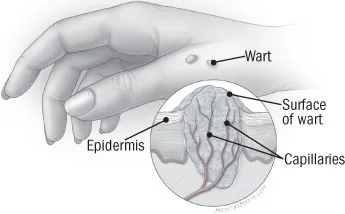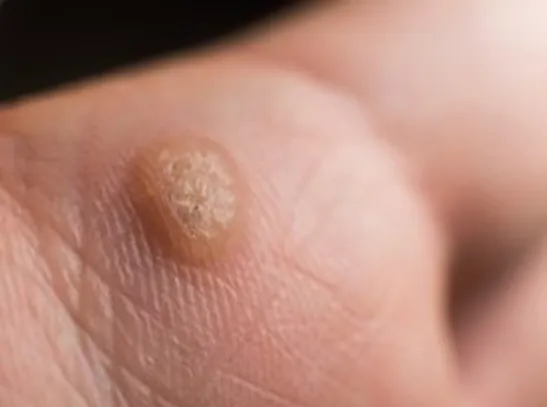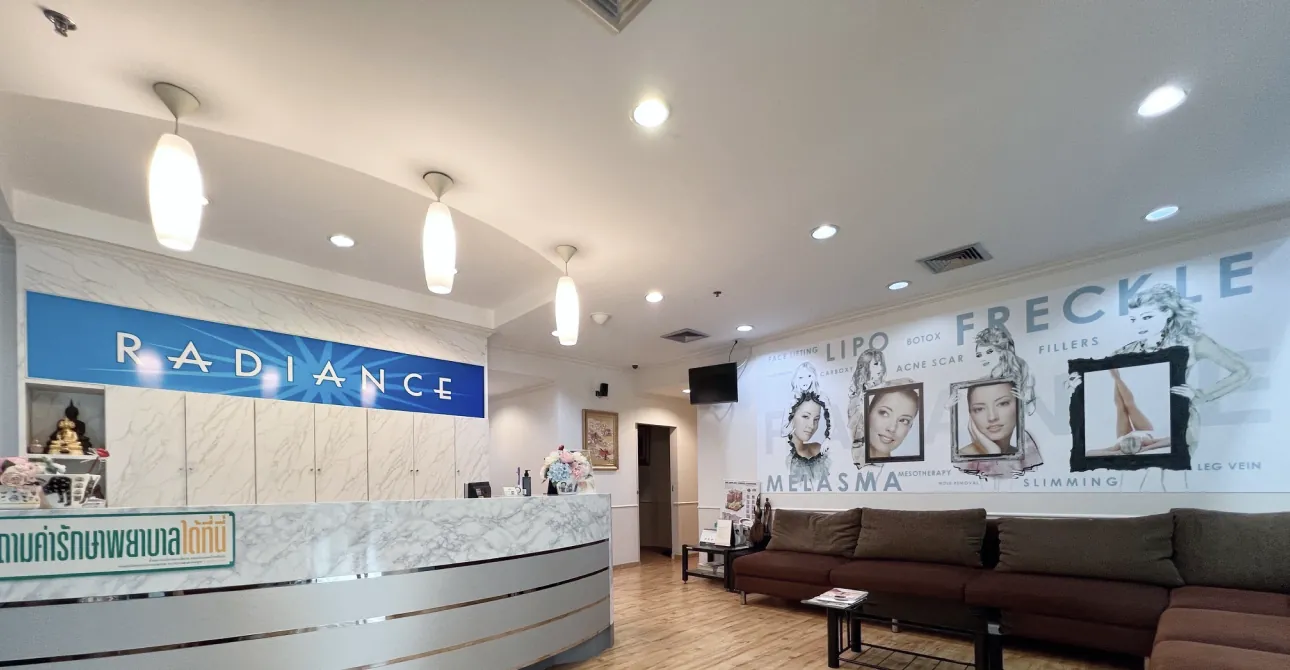Are warts harmful?
Warts occur when skin cells grow faster than normal because they are infected with the human papillomavirus (HPV). Among the 150 strains of HPV, about 10 cause cutaneous (skin) warts, including common, plantar, and flat warts. Certain other strains cause anal warts and genital warts. Some sexually transmitted types of HPV are implicated in cervical and other genital cancers, but the strains that cause skin warts have rarely been linked to cancer.
Skin warts aren't highly contagious. They can spread from person to person by direct contact, mainly through breaks in the skin. Theoretically, you can also pick up warts from surfaces such as locker room floors or showers, but there's no way to know how often this occurs. Warts on one part of the body can be spread to other areas, so it's important to wash your hands and anything that touches your warts, such as nail files or pumice stones.
A wart virus infection is different from a bacterial infection such as strep throat, which can be caught, treated, and eradicated because it progresses in a distinct, reliable pattern. The ways of warts are much less predictable.
All of us come into contact with HPV repeatedly but only some of us develop warts, and that's hard to explain. Children and people with immune system abnormalities are particularly vulnerable. For reasons that aren't entirely clear, so are people in certain occupations, such as meat, fish, and poultry handlers. But the most likely explanation is that some people are simply more prone to warts than others.




